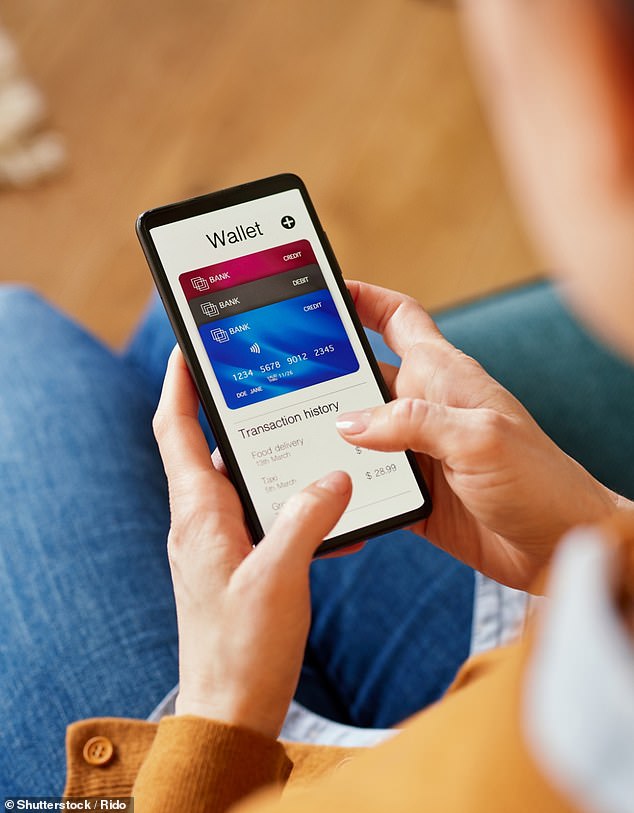Destinations with the highest levels of scams reported by tourists have been revealed in a new report, with some of the world’s most popular resorts amongst them.
And while con artists vary their methods across the globe, there’s one scam that tourists all over the world should be aware of, a study suggests.
According to research by the Mastercard Economics Institute, travellers are four times more likely to experience fraud relating to travel agencies and tour companies than across other industries.
For example, booking spontaneous day trips or excursions with local operators while on the ground in a destination was deemed likely to raise the risk of being exposed to fraud.
Transport was also highlighted as an area that can leave travellers vulnerable, with issues with both car rental agencies and taxi firms reported more than scams involving other modes of travel, such as flying or travelling by rail.
Bangkok, Cancun and Vietnam are amongst the destinations with the highest levels of frauds reported by visitors, with Dhaka in Bangladesh also on the list.
Cities with the lowest travel-related fraud rates were San Francisco, Dublin, Seoul, Budapest, and Edinburgh.
The research found that frauds, from overcharging for food in restaurants to procuring money via fake accommodation listings, was often different in different destinations.

In New York, 63% of tourists who said they’d been scammed told police that the cons were related to restaurants or takeaway orders
In the Big Apple, for example, being ripped off by an eatery or takeaway was the most common fraud reported, accounting for around 63 per cent of cases, with other major cities reporting similar stories, including Phuket, Manila and Riyadh.
On the West coast in LA, the problem was bigger still, with 75 per cent of scams relating to food orders.
Meanwhile, taxi and car hire scams accounted for 66% of complaints from travellers in Jakarta, Indonesia.
The researchers found that high season saw an 18% spike in reports of scams…with winter destinations up by 28 per cent during peak visitor periods.
The report said holidaymakers are often seen as targets for easy crime, saying: ‘Whether it is scammers targeting unsuspecting travelers or deceptive activities within the booking process, the travel industry is a known target for fraudsters.
‘The Mastercard Economics Institute (MEI) believes understanding fraud trends is particularly important during periods of uncertain economic climates.’
However, there are ways to protect yourself ahead of a trip, with travel insurance and paying for items by credit card recommended by experts.
Section 75 of the Consumer Credit Act 1974 protects customers using a credit card to make purchases and gives the right to claim a refund.
Claims can be made for poor quality goods or services, fraudulent behaviour or cancelled purchases.

Recent research by Mastercard Economics Institute (MEI) listed cities with the lowest number of scams reported, with Seoul, pictured, San Francisco, Dublin, Budapest, and Edinburgh making the list

Using a digital wallet on your phone could help prevent a scam taking place when you’re on holiday, say experts – with good travel cover also essential for protecting against fraud
The Mastercard report also recommended the use of digital wallets on phones, saying they make fraud harder.
It read: ‘Emerging digital payment trends are further enhancing security. Mobile wallets that are protected by tokenization technology, which replace card details with surrogate digital identifiers unique to each transaction, significantly reduce data theft.’
Research released this week found that more than half of Britons now leave their wallets at home as reliance on digital payments ramps up.
Only 48 per cent of Britons consider carrying a physical wallet to be an essential part of their day-to-day routine, new data from cash access and ATM network Link revealed.
Four in five still own a wallet or purse, but the growing popularity and acceptance of card and digital payments and wallets such as ApplePay or Google Pay that allow people to pay with phones and watches means leaving the house without them is becoming commonplace.
While card transactions overtook cash payments in 2018, Link’s data shows payments through digital wallets for Generation Z and Millennials, adults between 18 to 44, is the go-to option for payments.
